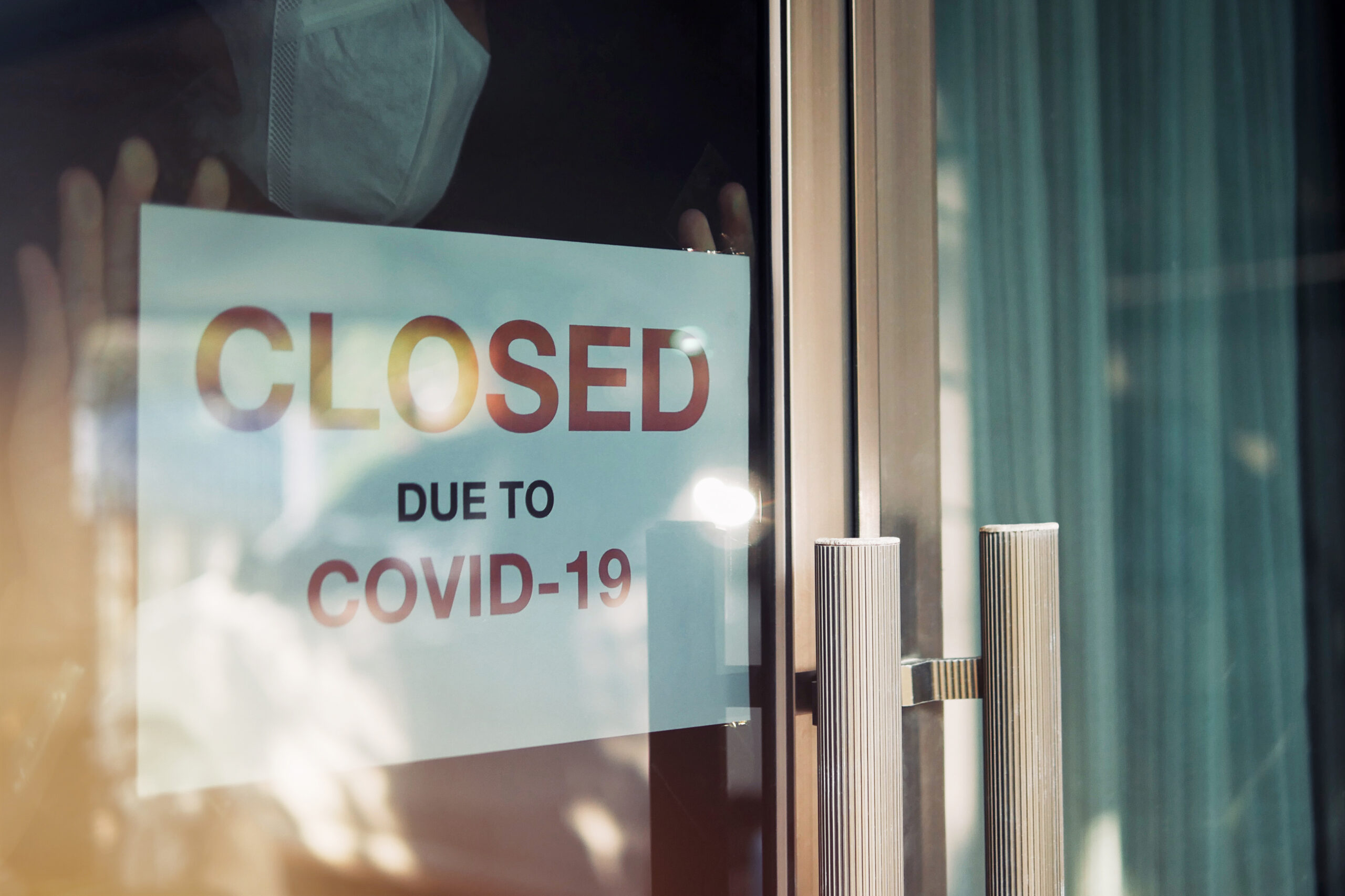Same Gap, Different Year: The Gender Wage Gap, 2019 Earnings Differences by Gender, Race, and Ethnicity
The rate of progress toward closing the gender pay gap did not increase in 2019. If the pace of change in the annual earnings ratio continues at the same rate as it has since 1960, it will take another 39 years, until 2059, for men and women to reach parity.1 This projection for equal pay has remained unchanged for the past four years.











